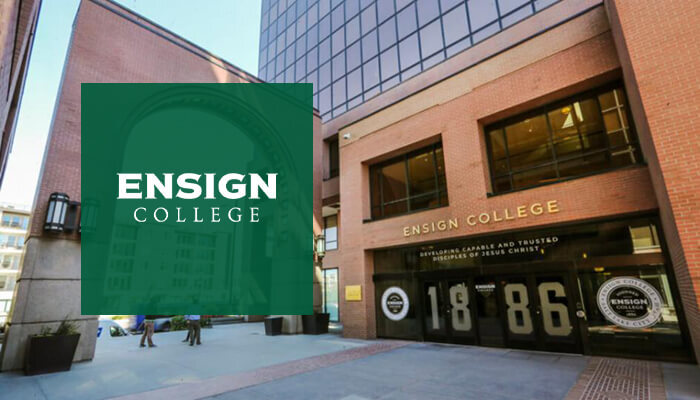This story is part of our series on using data analytics to engage male-identified students better to close the growing college gender gap. This series also includes stories from our partner, the University of Texas at San Antonio.
Enrollment and completion rates for male-identified college students declined before the pandemic, but recently released data from the National Student Clearinghouse reveals an alarming acceleration in these trends. Most colleges and universities are just starting to grapple with this issue. Still, male-focused student success initiatives have been in play for years at some institutions, particularly those serving large minority populations.
A veteran in the effort to meaningfully engage male students, particularly men of color, is Austin Community College (ACC). Serving over 41,500 students on its 11 campuses across central Texas, ACC promotes student success and provides affordable access to higher education and workforce training. An inaugural member of the TX Education Consortium for Male Students of Color, ACC uses a combination of initiative efficacy analysis and meaningful student involvement opportunities to develop relevant and impactful support structures for its male-identified students.
Consistently Evaluating What Works For Male Students at ACC
With the help of the Civitas Learning Student Impact Platform, a comprehensive student success analytics platform, ACC proactively helps its students succeed by connecting them to the most relevant services when they need them most. Using the Student Impact Platform’s initiative analysis capabilities, ACC confirmed that various advising and case management techniques were effective student success initiatives for men of color at their institution. However, their service usage data revealed that this student population was far less likely to access these services.
To proactively connect students to the help they need, ACC presents support opportunities directly to students via embedded services. In this model, tutors and coaches are assigned to courses with the highest rates of students earning grades D, F, or W (withdrawn). Students can easily access these services inside ACC’s learning management system (LMS), putting free tutoring and coaching right at students’ fingertips.
In the fall of 2020, ACC had 50 sections with embedded services, which quickly expanded to 150 sections in the spring of 2021 and more than 200 in the fall of 2021. While all students in sections with embedded tutors and coaches will benefit, data indicates this intervention will greatly impact male-identified students of color.
ACC continuously works to refine the impact of its student success initiatives. Leaders evaluate the impact of student success services, like their embedded tutoring and coaching program, with Civitas Learning. This continuous accumulation of data and insights allows leaders to measure the impact of these initiatives on student persistence, retention, and graduation — for students and specific populations like men of color.
Providing Intentional Programming for Male-Identified Students of Color
After experiencing success working with organizations committed to developing young men like the University of Texas’s Project MALES (Mentoring to Achieve Latino Educational Success), Men of Distinction, and Men of Honor, ACC sought to expand support programming for male students of color. As a result, ACC developed its organization to foster male-identified student success, the Male Leadership Program (MLP). MLP engages students with consistent events, including an annual male leadership conference, mentoring, and student success workshops.
MLP is so popular amongst ACC students that students of all gender identities expressed interest in participation. A key value at ACC is fostering an inclusive environment that promotes success for all students. With this in mind, leadership extended access to all students, shifting the program’s name from the Male Leadership Program to the Mentoring Leadership Program. Not losing focus on the unique needs of male-identified students of color, MLP continues to offer programming designed specifically for this student subpopulation.
Identifying Opportunities to Better Engage Male Students with Analytics
Consistently Evaluating What Works Results in More Impactful Services
Knowing what works for specific student groups enables ACC to proactively connect students to the most impactful support services. With Civitas Learning, ACC leaders can make informed decisions about marketing interventions to male-identified students of color, especially when usage statistics reveal low participation for potentially impactful supports. Real-time access to student-specific data equips leaders with the information to design male student success initiatives with precision and certainty.





